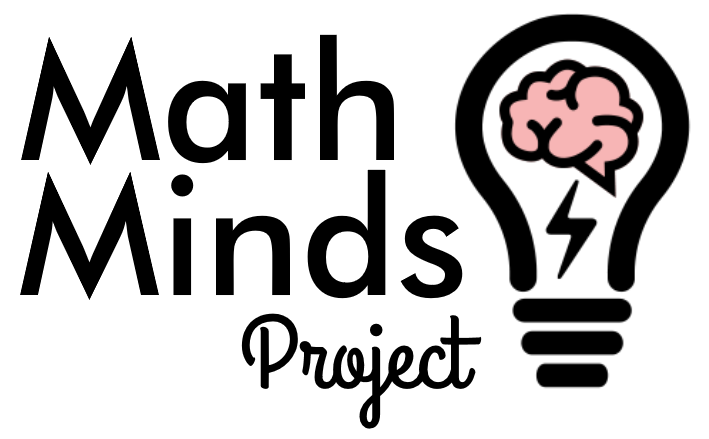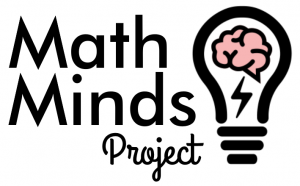

Recently, the Koppelman School of Business partnered with Brooklyn NoBrainer, a test preparation center, to help BC students boost their numerical literacy. Through their coalition MathMinds Project, the partners aim to illuminate the importance of thinking mathematically for adults.
“If you’re not the greatest in math, come to this place. It’s a safe environment outside of the whole grading scheme,” said Ken Globerman, BC business professor and founder of MathMinds Project.
Globerman, who considers himself to have worn many hats throughout his career, has decades of experience as a business coach and an investment professional in the private sector. His last year and a half has been spent as a full-time lecturer at Koppelman.
More recently, he began working with post-grads who were either prepping for the GMAT or GRE in hopes to continue their education. “This pattern that I was seeing was that a lot of these intelligent people were really struggling with basic fundamental math. The math that you would learn when you were in middle school or in high school,” said Globerman.
“Math is not the star performer, it’s the supporting cast,” said Globerman, who began to realize that his students who, “may be studying business administration or business management where they can excel without math, ran into certain courses where the application of math is important. That’s where the ball gets dropped.”
The mission of MathMinds is to improve numerical skills for all levels. Think Toastmasters, a nonprofit education organization that helps build public speaking, but for math literacy. Globerman, who saw how well the well-known educational club took off, decided to bring on Michele Hess, the previous president of Toastmasters at Koppelman. Hess graduated this May with a degree in Business Administration and has been helping Globerman with MathMinds initiatives since the start.
“I transferred to Brooklyn College with my associate’s degree and hadn’t really taken a math class in years. This is important because so many people go into college not realizing what they don’t know,” Hess said. “They’re unsure of what they don’t know and something like this is great because you can learn from other students.”
Globerman explained that the lack of numerical literacy is widely known in Koppelman, more broadly Brooklyn College and CUNY as a whole. However, the issue is bigger than CUNY. Citing the Programme for International Student Assessment’s most recent biennial report, Globerman recalled the United States falling behind countries like Canada, China and Poland in scores. “The US does quite well in reading and language skills, but the math skills we ranked 36 on the last report and I think it’s out of 70. By many definitions that’s pretty bad for a country that thinks of itself as the number one country in the world,” said Globerman.
So what could be done? A question that Globerman asked himself after seeing the ‘math problem’ in this country also manifested in his classroom. He found that while the university’s Learning Center was a great resource, it tends to be more course specific. In addition, even though professors have office hours for individual sessions with students, some with classes of 220 students per semester may be unavailable to help.
“It becomes difficult to provide a lot of one-on-one support. Then of course there’s paid tutors, right? But paid tutors get expensive and not everybody can afford one,” Globerman said. “Look at MathMinds as an alternative to those things.”
“Literacy skills are vital. And I think we can do a better job at making, not only students, but society aware of that,” the professor said. “When you don’t have those numerical literacy skills, you have a harder time understanding the impact of a decision that you’re making.”
Globerman’s MathMinds plan begins with lessons that reintroduce fundamentals such as the system of equations, order of operations, and the general way that numbers work together. You know, the things you may have forgotten about since high school. Once the group masters algebraic equations and reading functions, Globerman will move on to data analytics and relevant software applications. “We want to introduce these applications and how they’re used so that whether you’re a marketing, finance or even a management student, you can but at least be aware of the latest software being used in your particular industry,” said Globerman.
The communication aspect of the group is something that Jiawen Mai, accounting major and senior at Brooklyn College appreciates. “What I really expect to get out of this program is improving my communication and leadership skills.” Mai, who is a Math Coach at the program, aids Professor Globerman in preparing presentations for the class and helps elaborate on certain exercises that the community may be struggling with.
“For me as an immigrant, when I got to high school here, I realized that not a lot of my peers were focused on the foundations of math,” said Mai. “I do have very strong math skills, but I want to learn how to explain them to others clearly and more efficiently.”
The club is off to a great start in its early days. They meet virtually via Zoom every Friday at 12:30pm for an hour and fifteen minutes and plan to do so throughout the semester until finals week. “We’ve had about 70 students each session and while it’s geared towards the Koppelman school, it’s open to anybody at Brooklyn College,” Globerman assured.
“When you come here, you can be more open about what you know and what you don’t know,” said Globerman, who wants those needing to brush up on their skills to know that MathMinds is for everyone. He welcomes students of all skill levels as the sessions encourage peer-to-peer learning, “I don’t want this to be a small intimate thing. I prefer to use the word community, we’re developing communities, from Brooklyn College to elsewhere.”
